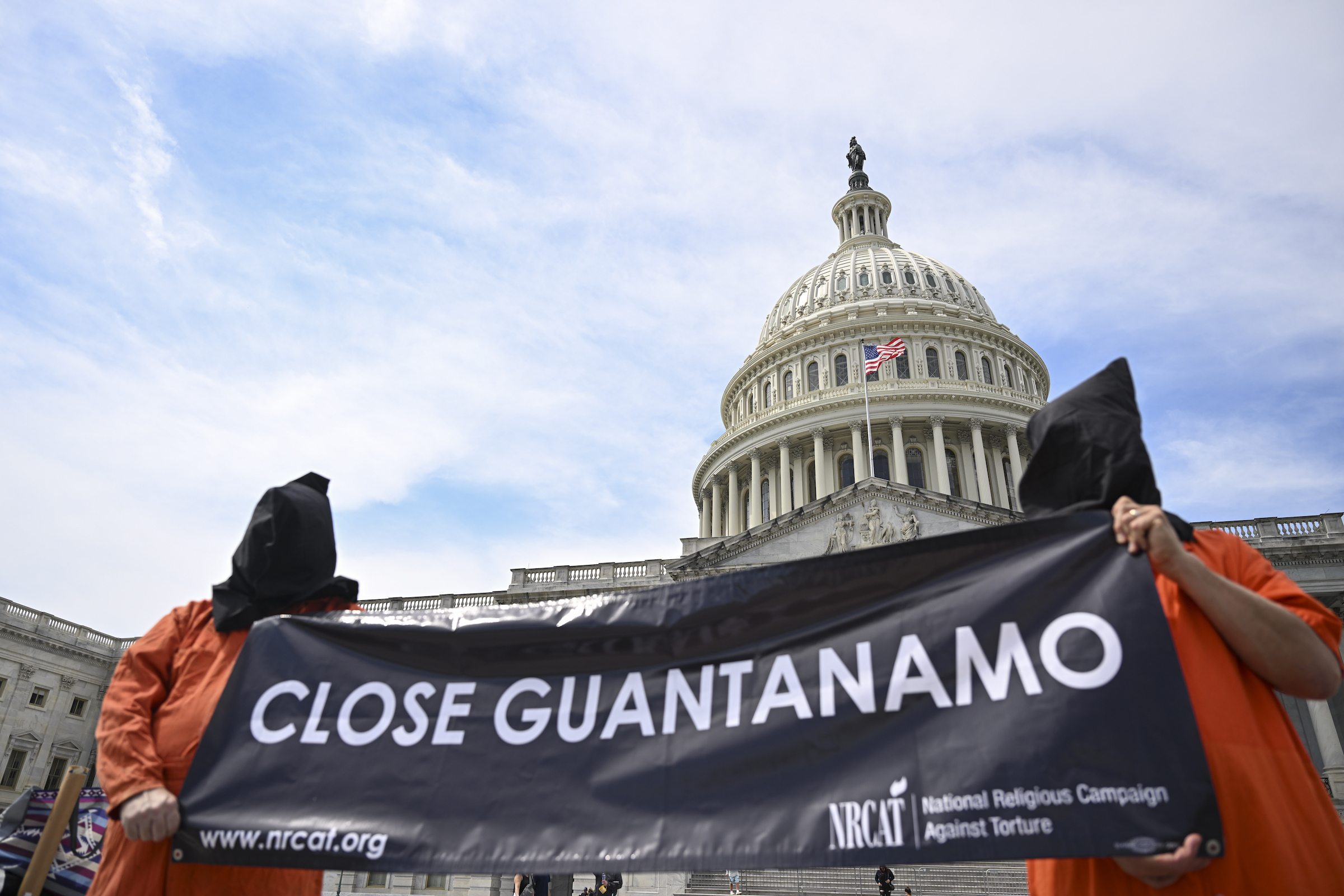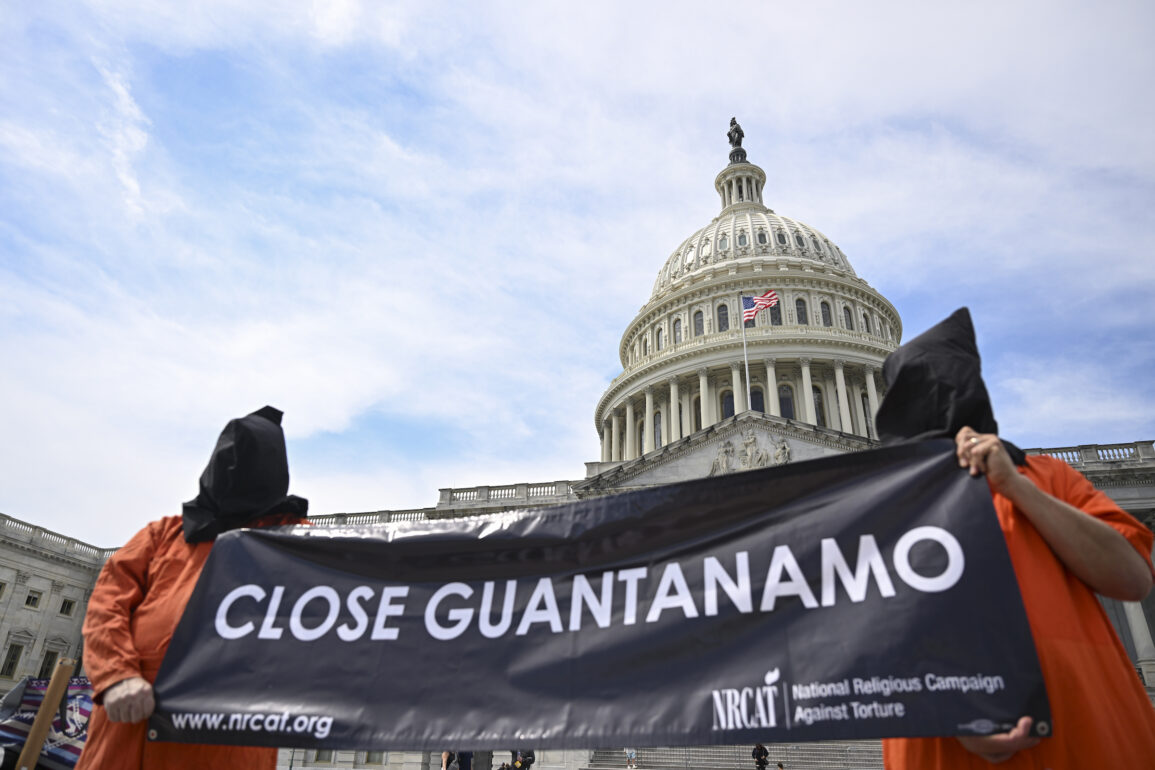
Every year on September 11, Americans and the global community are reminded of the attacks on the World Trade Center and those who died in New York City, Pennsylvania and Washington, D.C. The 2,977 lives of various religions, nationalities and ethnicities are rightfully assigned a value. We are called on to remember them and mourn their loss, a stark difference from the lives of people like me — victims of the “war on terror” whose stories the United States has intentionally worked to erase.
While I join in mourning the lives lost on 9/11, I also mark the day after — 9/12, when the U.S. government began its plans to launch a seemingly endless war costing more than $8 trillion and resulting in more than 900,000 direct deaths across 85 countries, and disappearing and imprisoning tens of thousands of men, including myself.
In a quiet, rural village nestled amid the rugged peaks of Yemen’s western mountain range, the world I knew before 9/11 was confined to the boundaries of my humble surroundings. The knowledge I possessed about the larger world beyond was merely theoretical, gleaned from the pages of geography and history textbooks.
Until the age of 13, my understanding of the world was limited to what I could imagine from those pages. The world was one of innocence, curiosity and hope. It was a world where I had just begun to glimpse the richness and diversity of the global community, a world that inspired dreams of exploration and understanding. Little did I know that my life was about to take a dramatic turn, introducing me to a reality far beyond the confines of my village.
The aftermath of 9/11 changed my life in ways I could never have imagined. Following those events, I found myself swept away to Guantánamo Bay, Cuba, where I was branded a terrorist and extremist, and dehumanized and reduced to the serial number “441.” The nightmare that followed included being bound in chains, hooded and subjected to torture. Suffice it to say, Guantánamo taught me what Islamophobia-laced government abuse looks and feels like.
While I had never been naive to the negative perspectives some people held of Muslims, the U.S.’s total lack of regard for our humanity and dignity taught me that whatever good things I thought were possible from the U.S. could be equally matched by the bad things. The U.S. used my case and those of the other detainees to show the world that it could punish Muslims with no accountability whatsoever — so long as the national security state deemed it necessary for the “protection” of the U.S. public. U.S. government officials often talk about all the sacrifices their country has made in service to other countries, including Muslim-majority countries, without telling you how many of our lives they’ve sacrificed to maintain this façade.
Guantánamo was one of the main sites where abuse of Muslims was perfected — a site that exemplifies what it means to excuse human rights abuses against demonized “others.” Today, there are 16 detainees who have been cleared for transfer but who have continued to languish behind bars under law-of-war detention because of a system that was designed to vilify and treat Muslims as inherently guilty.
After finally being transferred out of the Guantánamo black hole after 14 years, I no longer had any pretenses about how I would be treated as a Muslim — especially after being stigmatized as being a “terrorist.” But I remained hopeful that the leaders who once justified my imprisonment and abuse with political rhetoric and fear would be called out and held accountable, and that I wouldn’t be abandoned upon release. I was wrong.
Despite the Senate Intelligence Committee’s damning report on Central Intelligence Agency’s detention and interrogation programs and widespread documentation of torture and abuse, little has been done to reconcile or rectify the damage done to prisoners like me and other victims of the war on terror. Instead, we’ve been abandoned, forgotten and erased. I’ve learned that U.S. politicians’ calls to remember tragedy are confined to their own and never extend to the victims of its systemic and rampant violence.
Several years after my transfer, I have continued to learn what it means to be a survivor of U.S. state violence. This includes the knowledge that I will have to persist in calling out this country’s abuses until I, and survivors like me, get the justice that is long past due to them.
But what would justice even look like? Justice, in part, would mean that anyone who condoned, justified, and/or participated in human rights abuses would be held accountable. It means that survivors would be given compensation to restore their lives to some semblance of normalcy, and reparations to account for the violence they suffered. It means that there would finally be an acknowledgement of wrongdoing so that our stories of harm and violence become part of our understanding of this sordid chapter in U.S. history.
Finally, justice would mean that when the U.S. calls on people to “Never Forget” the victims of the 9/11 attacks, that they also remember us — the victims who continue to face violence and the survivors caught in the violent aftermath of the war on terror.
This post was originally published on this site be sure to check out more of their content.









